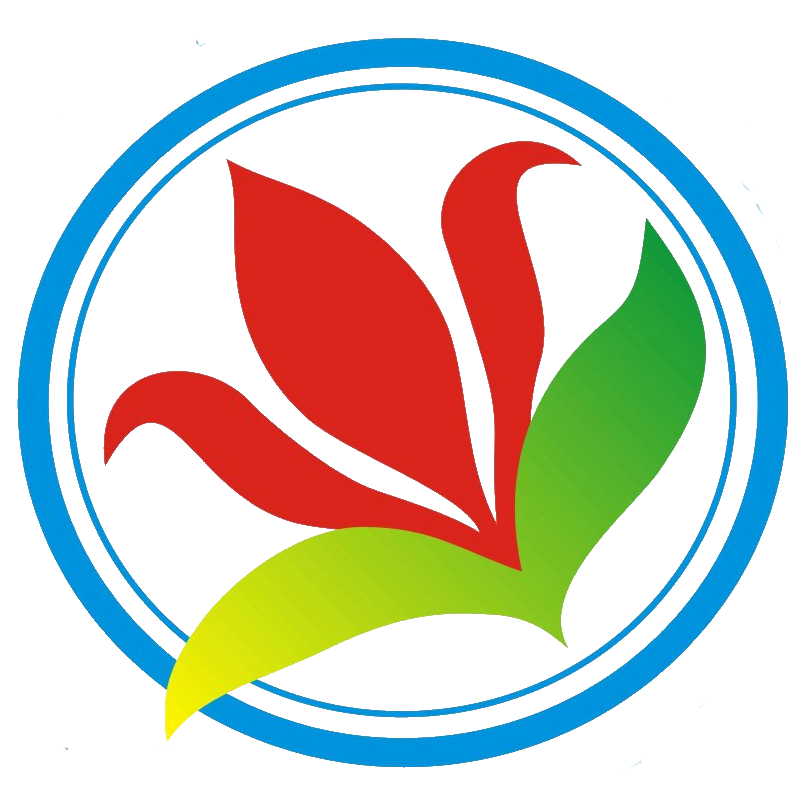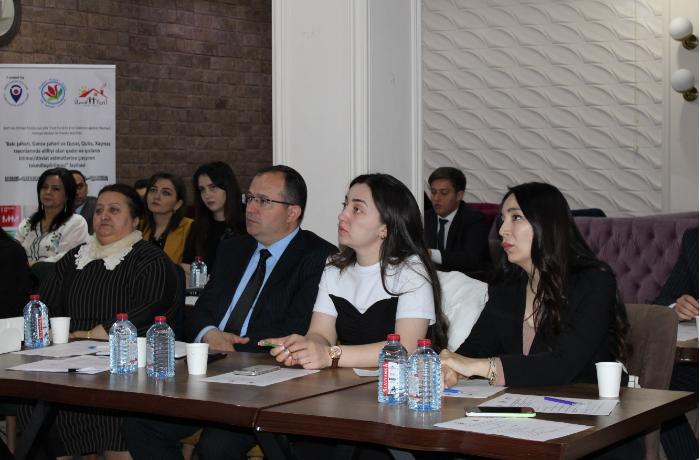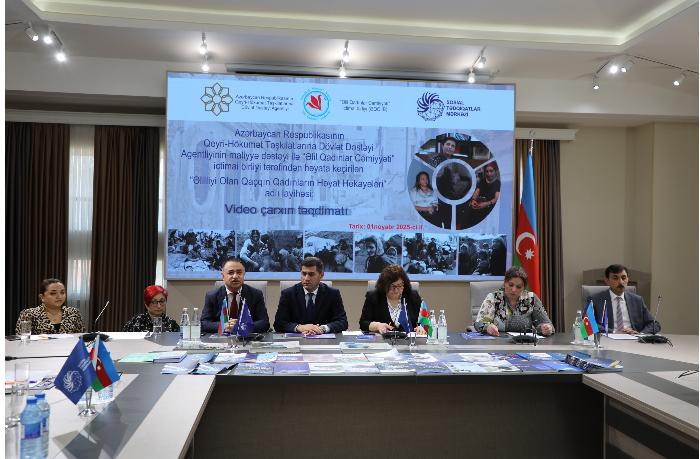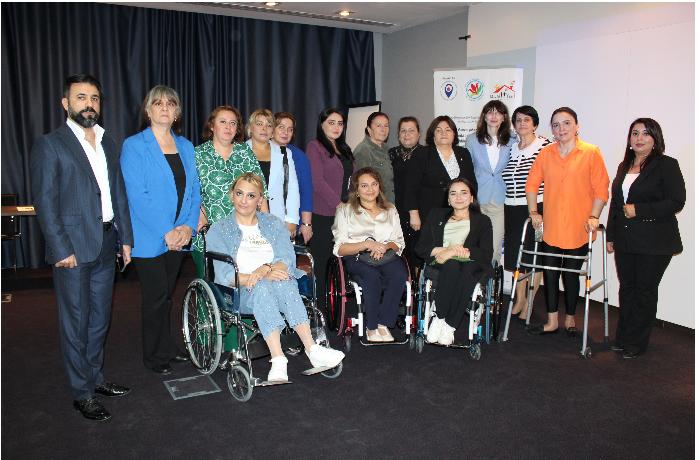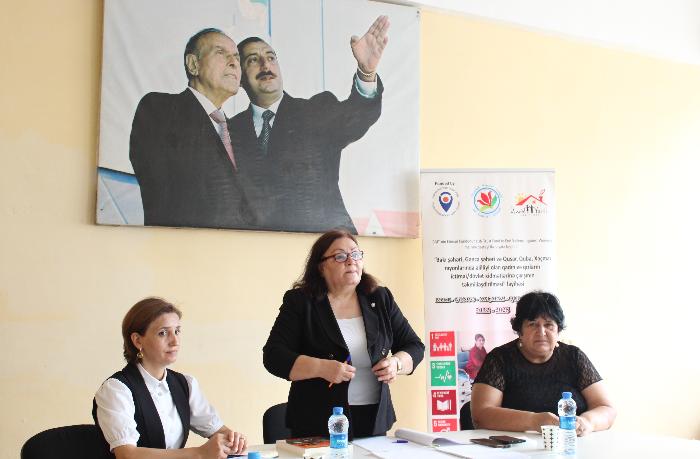The training was facilitated by professional ethics trainer and Director of the Ethics Academy, Ms. Gunel Ibrahim, and took place at the Cappadocia Center in Ganja. The session was marked by high levels of engagement from participants representing various government bodies and NGOs. Training observations revealed the persistence of stereotypes and discriminatory attitudes toward persons with disabilities. One of the most pressing issues identified was the continued use of harmful terminology such as “crippled,” “invalid,” and “lame.” A core focus of the session was to promote respectful communication, appropriate behavioral approaches, and language that aligns with international standards and dignity-based principles. Participants were introduced to key elements of ethical communication when interacting with women and children with disabilities, including proper forms of address and behavior adapted to different types of disabilities. In the second part of the training, participants analyzed real-life case studies to identify ethical and effective responses. Officials working closely with persons with disabilities also discussed challenges they face—such as stress, fatigue, and emotional burnout. In response, the trainer shared simple brain exercises and stress-relief techniques designed to support mental well-being and productivity in office settings. At the conclusion of the training, individuals who expressed interest in further consultations were registered, and follow-up sessions were planned. Pre- and post-training tests were conducted to evaluate participants’ knowledge acquisition. Contact information was collected for those seeking continued support.
Certificates of participation were presented to all 28 attendees at the close of the session. The goal of the project is to improve accessibility and quality of public services for women and girls with disabilities from low-income families, including internally displaced families.
The project covers the cities of Baku, Ganja and the regions of Guba, Gusar, Khachmaz and is implemented during the period of September 2022 - August 2025 (36 months in total).
The UN Trust Fund to End Violence against Women (UN Trust Fund) is the only global grantmaking mechanism dedicated exclusively to addressing all forms of violence against women and girls.
Date of Training: September 18, 2024
Location: Cappadocia Center, Ganja
Total Participants: 28
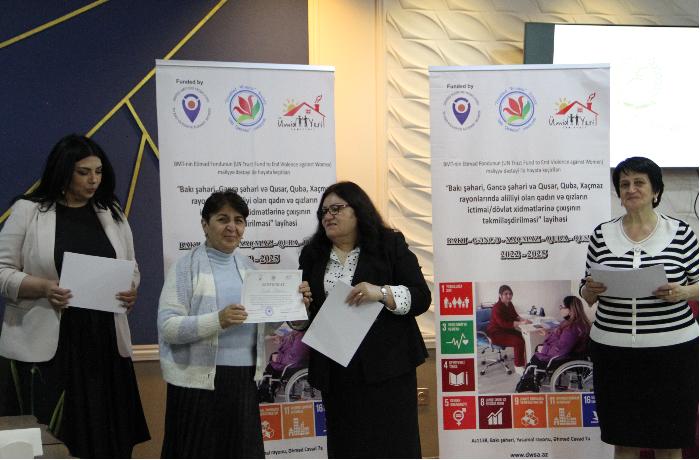
Certificates of participation were presented to all 28 attendees at the close of the session. The goal of the project is to improve accessibility and quality of public services for women and girls with disabilities from low-income families, including internally displaced families.
The project covers the cities of Baku, Ganja and the regions of Guba, Gusar, Khachmaz and is implemented during the period of September 2022 - August 2025 (36 months in total).
The UN Trust Fund to End Violence against Women (UN Trust Fund) is the only global grantmaking mechanism dedicated exclusively to addressing all forms of violence against women and girls.
Date of Training: September 18, 2024
Location: Cappadocia Center, Ganja
Total Participants: 28

